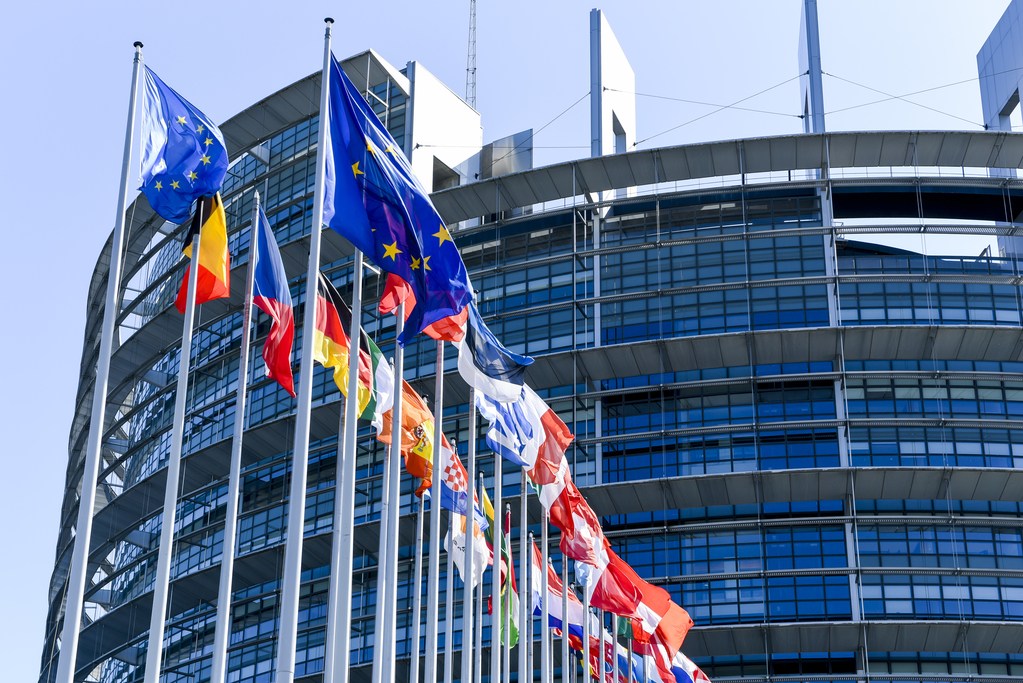So-called “golden passports” are objectionable ethically, legally and economically, according to members of the European Parliament, who called for a ban on the immigration scheme on Tuesday.
A draft legislative initiative report introduced an array of measures intended to address problems linked to ‘citizenship and residence by investment schemes,’ including the serious security risks they pose.
“Being an EU citizen or resident is at the core of what the Union embodies: freedom and rights,” said rapporteur Sophia in ‘t Veld (Renew, NL), in charge of handling the legislative proposal.
“Citizenship is a right, not a commodity to be bought and sold. Member states’ governments sell what is not theirs to sell, exploiting the reputation of the EU for profit. Their cynical business is putting our common security in danger.”
‘Buying’ citizenship to the EU through investments
Bulgaria, Cyprus and Malta all have “citizenship by investment” (CBI) schemes, and 12 member states have ‘residence by investment’ (RBI) schemes, the so-called “golden passports” or visas.
At least 130,000 people have taken advantage of CBI and RBI schemes in the EU between 2011 and 2019, according to figures from the European Parliament.
Related News
- Belgium drops three points to 18th place in global corruption index
- Pandora Papers: European Parliament describes UK and US as global hubs for money laundering and tax evasion
- Passports for sale in EU corruption risk
MEPs say the intermediaries for these schemes, which have generated over €21.8 billion in revenue for the countries concerned, are neither transparent nor accountable. They want to ban CBIs and impose “strict and binding regulation” for RBIs.
Stronger regulation for RBIs
Some of the regulations being proposed include stringent background checks (including on family members and on sources of funds), mandatory checks against EU justice and home affairs systems, and vetting procedures in third countries.
Parliament also wants to see reporting obligations for member states, and requirements for minimum physical residence for applicants, along with active involvement, quality, added value, and contribution to the economy when it comes to their investments.
.@EP_Justice has strongly backed (61/3/5) @SophieintVeld's report calling for a phase-out of golden passports by 2025 and strict regulation of golden visas?
This is another signal to the European Commission that we must stop the abuse of these schemes by the corrupt! pic.twitter.com/U7uG06zFNk — Transparency Int. EU (@TI_EU) February 15, 2022
The Committee on Civil Liberties, Justice and Home Affairs approved the draft text on Tuesday with 61 votes for, three against, and five abstentions.
MEPs will debate and vote on the report in the next plenary session (7-10 March). If endorsed by the plenary, the European Commission will need to prepare a legislative proposal or justify its decision not to do so.

